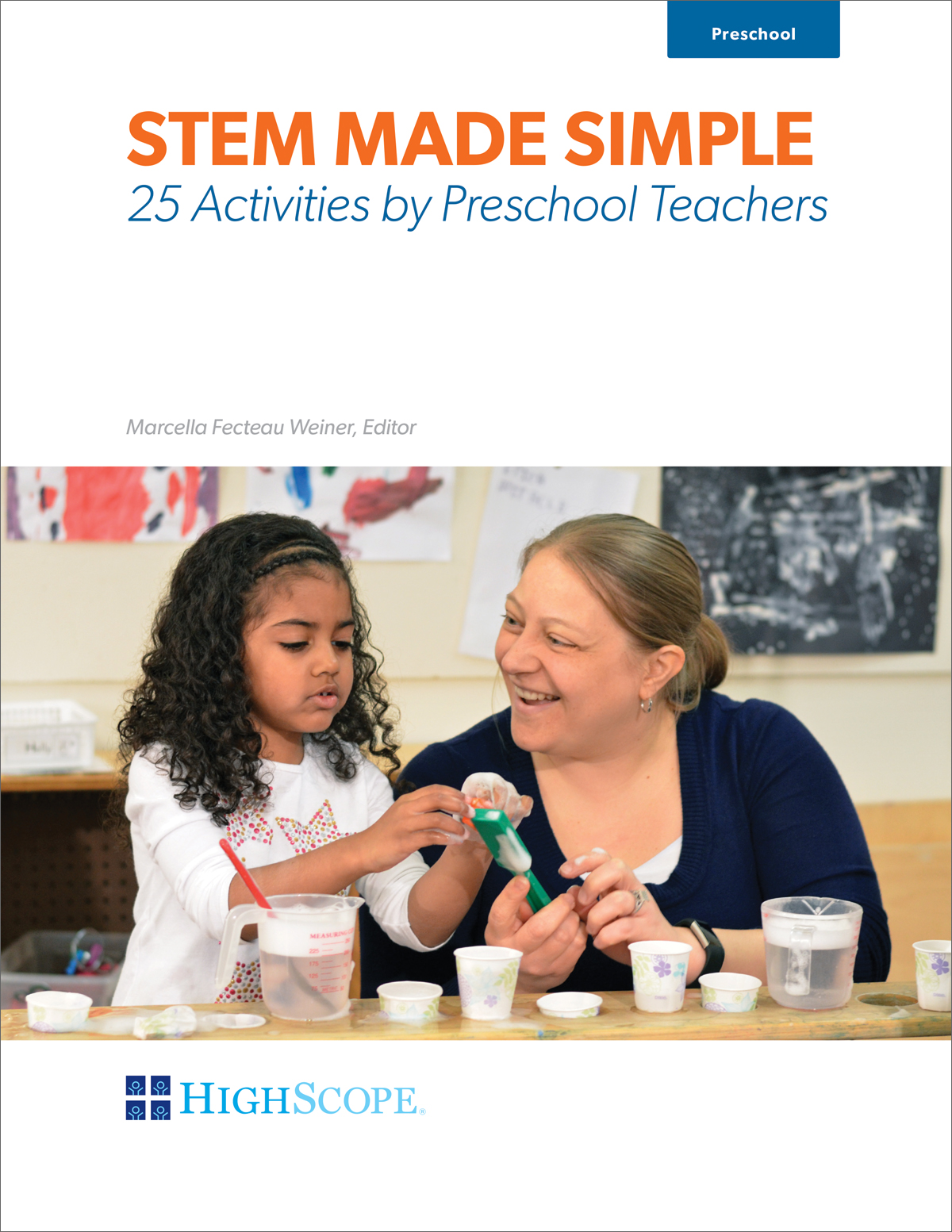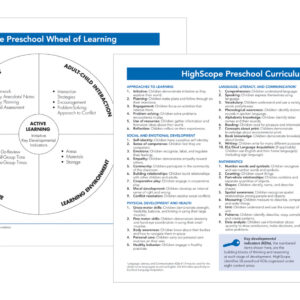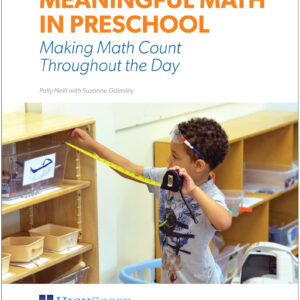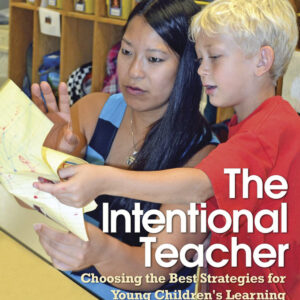Shop
STEM Made Simple 25 Activities by Preschool Teachers
$48.00
/ Each (USD)
$48.00
Quantity
In stock (can be backordered)
STEM Made Simple introduces early childhood educators to the exciting world of STEM. It includes 25 small-group activities developed by preschool teachers from diverse settings, ensuring that you too can learn how to build STEM topics — science, technology, engineering, and mathematics — into your curriculum. Each activity in this resource provides a scaffolding chart that supports children’s learning at beginning, middle, and later stages of development as well as intentional vocabulary so your children’s language, communication, and comprehension skills grow along with their emerging STEM knowledge.
Soft cover, photos, 128 pages




